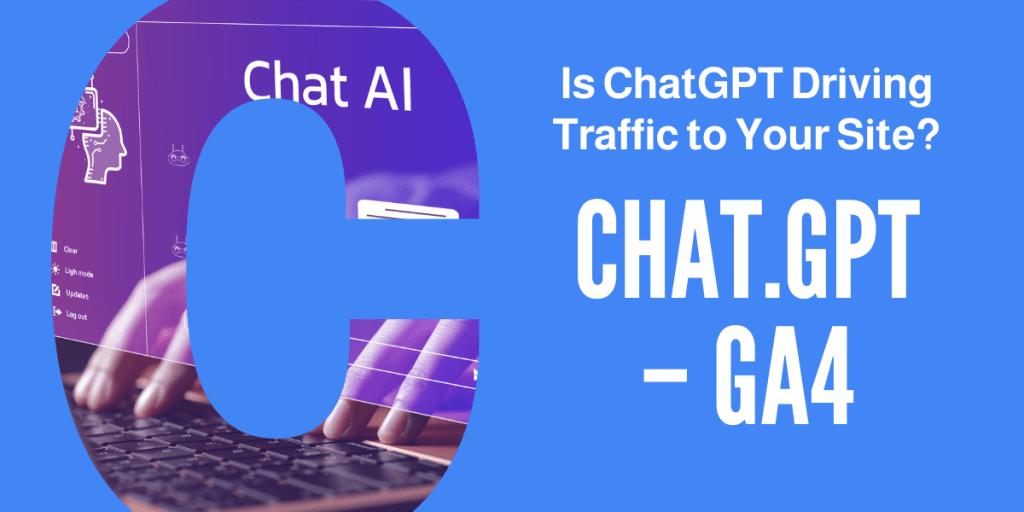Why SEO Still Matters—More Than Ever
With the rise of ChatGPT, AI-powered search tools, and voice assistants, the way people discover businesses is changing—but organic visibility remains the foundation. In fact, SEO is now playing a bigger role than ever before. As users turn to tools like ChatGPT and Microsoft Copilot for answers, these platforms are pulling information directly from high-ranking websites, trusted sources, and well-structured content. If you’re not in the mix, you’re invisible.
While paid advertising delivers short-term wins, SEO delivers long-term authority and trust. It’s your digital reputation—and AI tools are watching. They’re scanning your site’s structure, how often you publish helpful content, whether your copy answers real questions, and how users engage with your site.
Here’s what we recommend focusing on right now:
-
- Quality, Human-Centred Content
Avoid AI-written fluff. Search engines and AI platforms are favouring content that answers real questions, shows genuine expertise, and is written for humans—not algorithms. - Clear Page Structure
Use proper heading hierarchy (H1, H2, H3), internal linking, and schema markup where appropriate. This helps AI tools better interpret and index your site. - Keyword Intent Mapping
It’s not just about rankings—it’s about relevance. Are you targeting terms that align with where your audience is in the buyer journey? - Local SEO
Especially important for service businesses—optimise your Google Business Profile, location pages, and local backlinks. - Topical Authority
Cover your niche thoroughly. A scattered blog isn’t enough. Build clusters of related content to show depth and expertise in your space.
- Quality, Human-Centred Content
AI won’t replace traditional search tomorrow—but it’s changing how content is found and displayed. If your site isn’t optimised, well-structured, and actively publishing relevant content, you risk getting left behind—not just in Google, but in every AI-powered search tool that’s coming next.
If you’d like help auditing your content or planning a strategy for the rest of the year, let’s chat. We’re doing this now for a number of clients—and the results speak for themselves.

Is ChatGPT Driving Traffic to Your Site? Here’s How to Check
You might be surprised to learn that some of your website traffic could be coming from ChatGPT or Microsoft Copilot—especially if you have helpful, well-ranked content. While not all AI traffic passes referral data cleanly, GA4 can still give you clues.
To check in GA4:
-
- Go to Reports > User Acquisition
- Change the dimension to Session source/medium
- Look for sources like:
- chat.openai.com / referral
- copilot.microsoft.com / referral
For a deeper look, you can:
-
- Use GA4 Explorations to isolate these sources and track engaged sessions or conversions
- Create a custom segment that includes source contains “openai” or “copilot”
If you’d like help identifying this in your GA4 setup, let us know—we can walk you through it.

